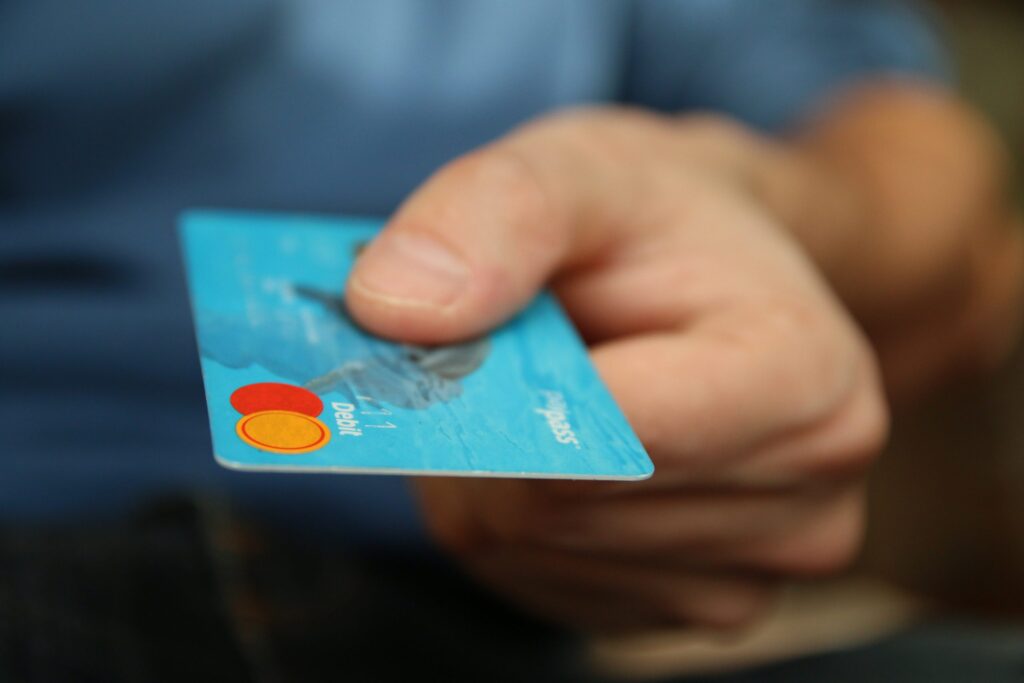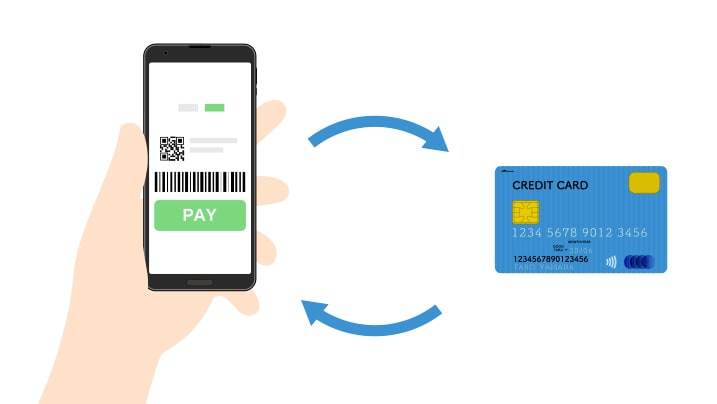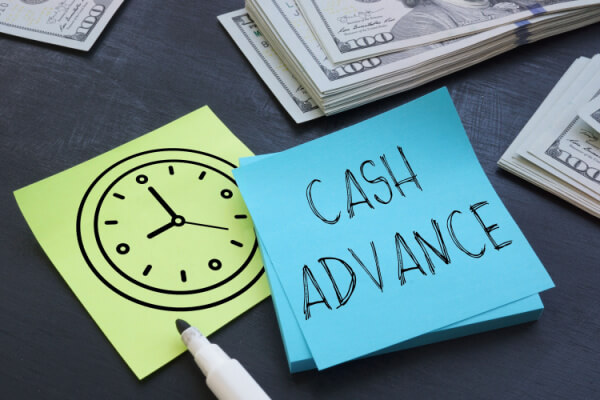How to Avoid Common Credit Card Debt Traps

In today’s society, credit cards have become a common way to make purchases and pay bills. While they can be convenient and offer various benefits, they can also lead to debt if not managed properly. It’s essential to learn how to avoid common debt traps to maintain financial health. In this article, we will discuss strategies to help you steer clear of credit card debt pitfalls.
Create a Realistic Budget

One of the best ways to avoid falling into credit card debt traps is to create a realistic budget. Start by listing your monthly income and expenses, including bills, groceries, transportation, and leisure activities.
By understanding your financial situation, you can set aside a portion of your income for savings and debt repayment. Stick to your budget to prevent overspending and accumulating your debt.
Establish an Emergency Fund
An emergency fund serves as a financial safety net, helping you avoid reliance on credit cards during unexpected situations. Aim to save three to six months’ worth of living expenses.
This fund can cover emergencies like medical bills or car repairs without needing to resort to credit cards. Regular contributions to this fund ensure you stay prepared for the unexpected and maintain financial stability.
Use Credit Cards Wisely

Only charge what you can afford to pay off in full each month to prevent carrying a balance and accruing interest. Avoid making impulsive purchases or using credit cards to cover living expenses. Consider using cash or debit cards for everyday transactions to control your spending and manage your finances more effectively.
Limit the Number of Cards
Limit the number of credit cards in your wallet. Having too many of them can lead to confusion and overspending. Each card has its own due date and terms, making it easier to miss payments. Focus on one or two cards that offer the best rewards or benefits for your spending habits. This approach simplifies management and enhances your ability to stay organized.
Pay Your Balance in Full
Paying your credit card balance in full each month is essential to avoid falling into debt traps. By paying off your balance on time, you can avoid accumulating interest charges and late fees. If you’re unable to pay the full balance, make sure to pay more than the minimum required to reduce your debt faster. Setting up automatic payments can help you stay on track and avoid missing payments.
Understand Grace Periods

Familiarize yourself with your credit card’s grace period. This is the time frame during which you can pay off your balance without incurring interest. Knowing when your payments are due and ensuring you pay off purchases within this window can save you money. Always read the terms associated with your card to maximize the benefits of the grace period.
Monitor Your Spending
Monitoring your spending is crucial to avoiding common credit card debt traps. Keep track of your purchases and review your monthly statements to identify any unnecessary expenses or fraudulent charges. By being aware of your spending habits, you can make informed decisions and adjust your budget as needed. Consider using budgeting apps or tools to track your expenses and stay organized.
Set Spending Alerts
Setting up spending alerts can help you stay on top of your finances. Many credit card issuers offer the option to receive notifications when you approach your limit or when payments are due. These alerts can serve as reminders to keep spending in check, allowing for more disciplined financial behavior. Customize alerts according to your preferences to enhance your financial awareness.
Avoid Cash Advances

While it may be tempting to use cash advances from your credit card, it’s important to avoid this practice to prevent falling into debt traps. Cash advances typically come with high fees and interest rates, making them an expensive way to borrow money.
If you need cash, consider alternative options such as a personal loan or borrowing from a friend or family member. Avoid using cards for cash advances unless it’s an emergency.
Explore Other Financing Options
Before resorting to cash advances, explore other financing options available to you. Personal loans or credit union loans may offer lower interest rates compared to cash advances. Additionally, look into community resources that may assist with short-term financial needs. Taking time to research alternatives can save money and help maintain a healthier credit profile.
Seek Credit Card Debt Consolidation
If you find yourself overwhelmed by credit card debt, consider seeking credit card debt consolidation to help you manage your finances more effectively. Debt consolidation involves combining multiple debts into a single loan with lower interest rates and a longer repayment period. This can help you pay off your debt faster and save money on interest charges. Research online credit card debt consolidation options to find the best solution for your financial situation.
Work with a Financial Advisor

Consulting with a financial advisor can provide personalized strategies for managing debt. An advisor can help you assess your financial situation, develop a tailored debt repayment plan, and offer insights into budgeting and saving. Investing in professional guidance can lead to more effective financial decision-making and enhance your path toward financial freedom.
Educate Yourself on Credit Scores
Educating yourself on credit scores is vital for effective credit management. Your credit score impacts your ability to secure loans and favorable interest rates. Learn how different factors affect your score, such as payment history and credit utilization. Regularly checking your credit report allows you to identify and rectify any errors.
Staying informed empowers you to make better financial decisions and maintain a strong credit profile.
In conclusion, avoiding common credit card debt traps is crucial to maintaining financial stability and achieving your long-term financial goals.
By creating a realistic budget, using credit cards wisely, paying your balance in full, monitoring your spending, avoiding cash advances, and seeking credit card debt consolidation, you can prevent falling into debt traps and build a strong financial foundation.
Remember to stay disciplined with your finances and make informed decisions to secure a bright financial future.




